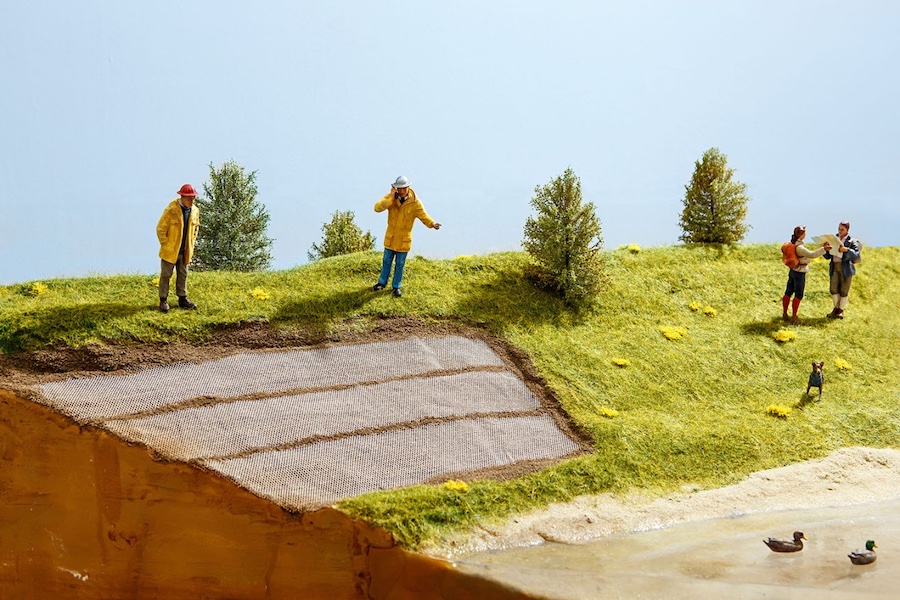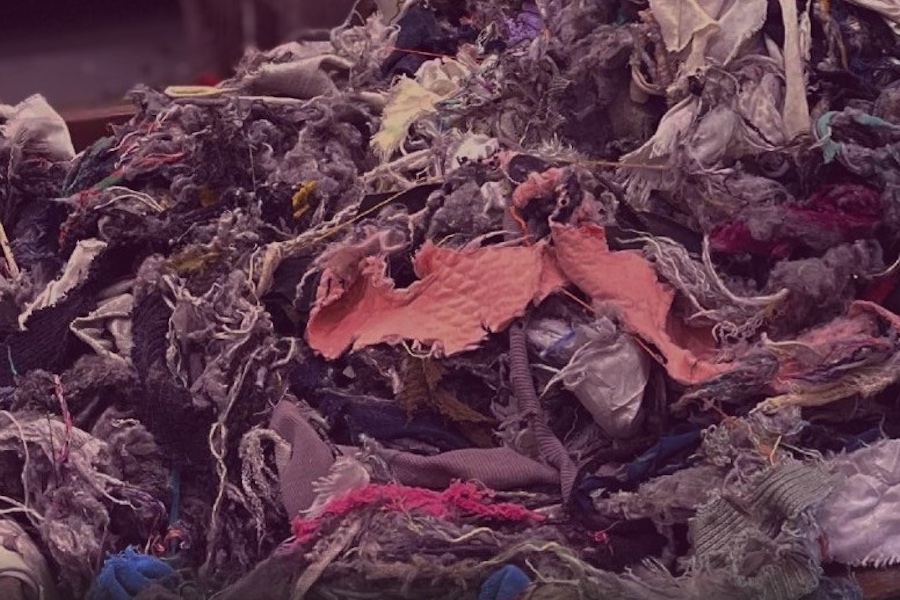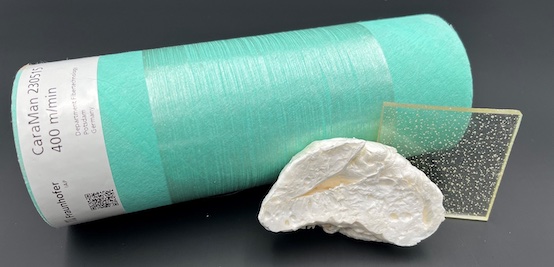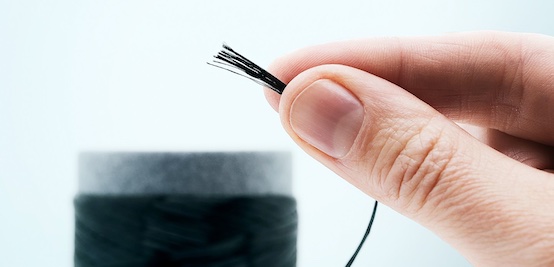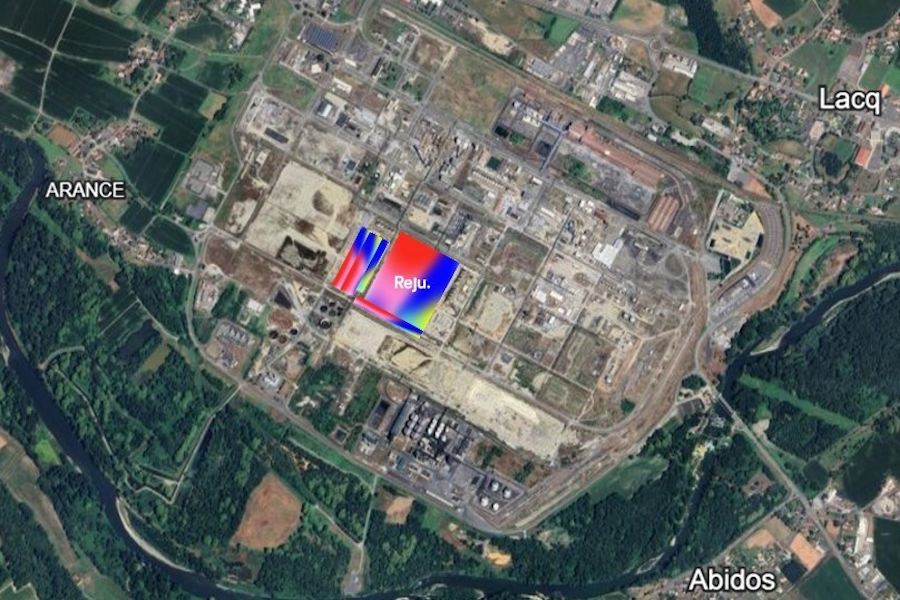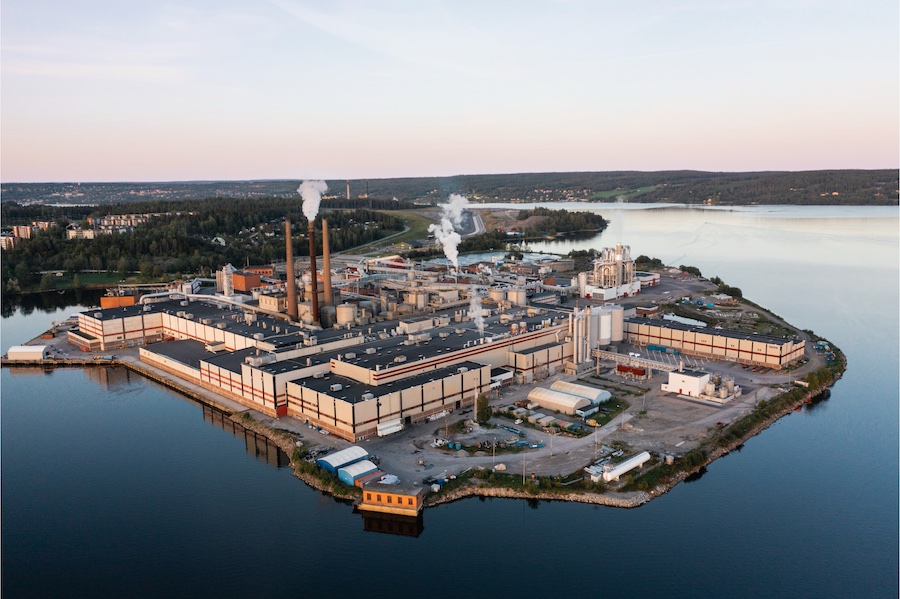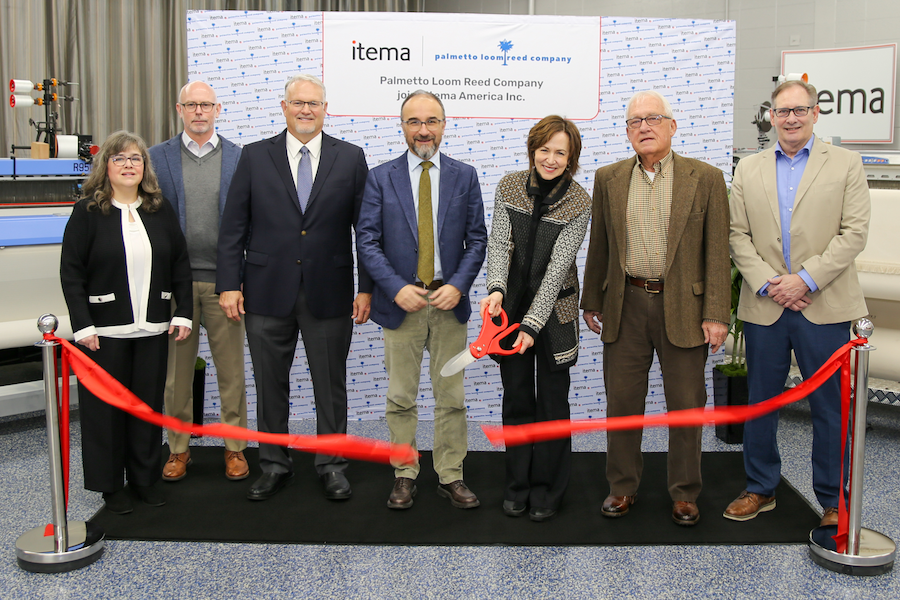#Recycling / Circular Economy
Closing the Loop in the Textile Industry: Value Creation in the State of Brandenburg
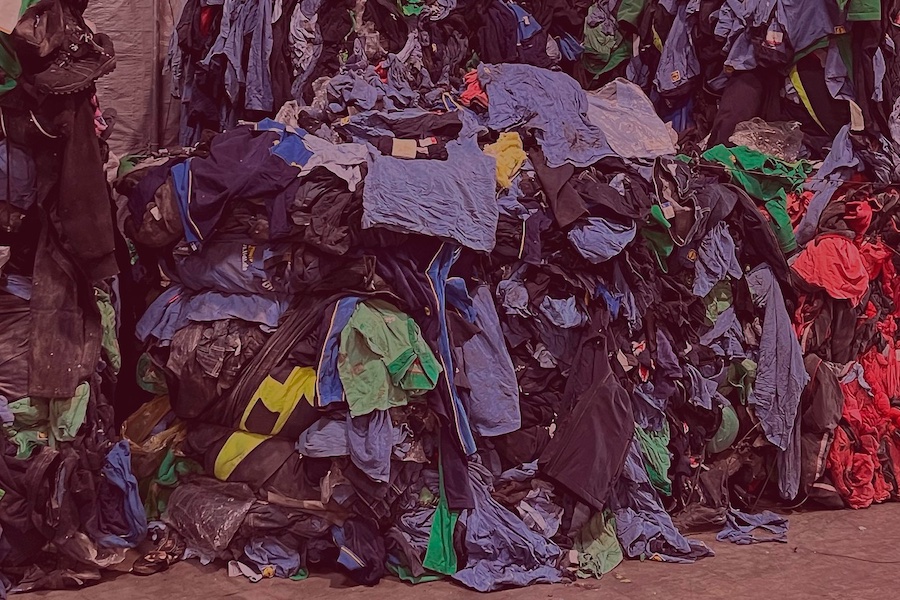
The textile industry is one of the most resource-intensive sectors and generates significant amounts of waste and emissions. In 2020 alone, approximately 6.95 million tonnes of textile waste were generated in the EU. Worldwide, 92 million tonnes of textile waste end up in landfills in the Global South or in incinerators every year. Mixed polyester-containing waste from fast fashion, workwear or industrial cleaning textiles in the lowest waste category is among the most difficult residual materials to recycle. The EU's Circular Economy Strategy therefore promotes circular processes in the textile sector.
From feasibility study to policy recommendation
In a joint feasibility study, the Fraunhofer Institute for Applied Polymer Research IAP at Potsdam Science Park, Beneficial Design Institute GmbH and matterr GmbH (formerly RITTEC 8.0 Umwelttechnik GmbH) investigated how polyester-containing waste textiles can be converted into the bioplastic polyhydroxybutyrate (PHB).
"With our innovative matterr process, we recover the monomers terephthalic acid (TA) and ethylene glycol (EG) in virgin quality from polyester-containing textile waste – suitable for the production of new polyester," explains Dr. Tim Seedorf, Head of Research & Innovation at matterr GmbH. "We have also shown that the ethylene glycol obtained can be converted into the biopolymer PHB with the help of bacteria," adds Dr. Maren Wandrey, biochemist at Fraunhofer IAP. An analysis by the Beneficial Design Institute further shows that establishing a textile hub in Brandenburg can make a significant contribution to strengthening the regional circular economy through the sustainable use of textile waste and the establishment of new value chains.
The policy paper translates the consortium's findings into concrete recommendations for political decision-makers in Brandenburg.
PHB: Benefits for the economy, society and the environment
PHB is a bioplastic that is completely biodegradable, resorbable and biocompatible. Professor Friederike von Wedel-Parlow from the Beneficial Design Institute emphasises: "PHB combines ecological advantages with economic potential in new markets. Our research has made it clear that designers, scientists and industry can jointly develop solutions that harness these advantages for society and the economy, turning make ecodesign thinking into a success story, also for Brandenburg."
The bioplastic has a wide range of applications, especially where materials remain in the environment permanently – for example, in water, soil or the human body. Examples include geotextiles for erosion control, artificial shoreline reinforcement, tree and branch protectors, or medical products such as suture material.
Action options for a circular textile economy
The policy paper recommends a multi-stage action plan to lay the foundation for a circular textile economy in Brandenburg. It comprises six key recommendations. Clima State Secretary Dr. Haase explains: "The goal is to retain value creation in the region, establish qualified jobs and position Brandenburg as a model region for this EU initiative. The project consortium's policy paper and the preliminary study results contribute to bringing together ecological sustainability and economic strength in Brandenburg."
The results also have supra-regional significance with potential for close cooperation between Brandenburg and partners in Poland and the Netherlands. Through these collaborations, the state can strengthen its position as a pioneer in the circular economy and build European value chains that incorporate design-driven added value.
Policy Paper
Closing the Loop in the Textile Industry: Value Creation in the State of Brandenburg
Policy Paper for Stakeholders committed to a circular bioeconomy in Brandenburg
Prof. Friederike von Wedel-Parlow (BD-I)
Julie C. Stamm (BD-I)
Dr. Jens Balko (Fraunhofer IAP)
Dr. Maren Wandrey (Fraunhofer IAP)
Key recommendations of the policy paper:
Promotion of start-ups and regional textile biorefineries for efficient resource use
Support programmes for research and development of new recycling technologies for old textiles
Establishment of a competence cluster for data-driven textile recycling
Support for digital data collection along the entire value chain
Qualification of companies for the upcoming Ecodesign Directive 2026
Integration of local companies into European value chains as part of the EU initiative "Regional Innovation Valleys for Circular Economy"
POLICY PAPER:
https://www.iap.fraunhofer.de/content/dam/iap/de/documents/Presse/Policy%20Paper_Value%20Creation%20in%20the%20State%20of%20Brandenburg.pdf



